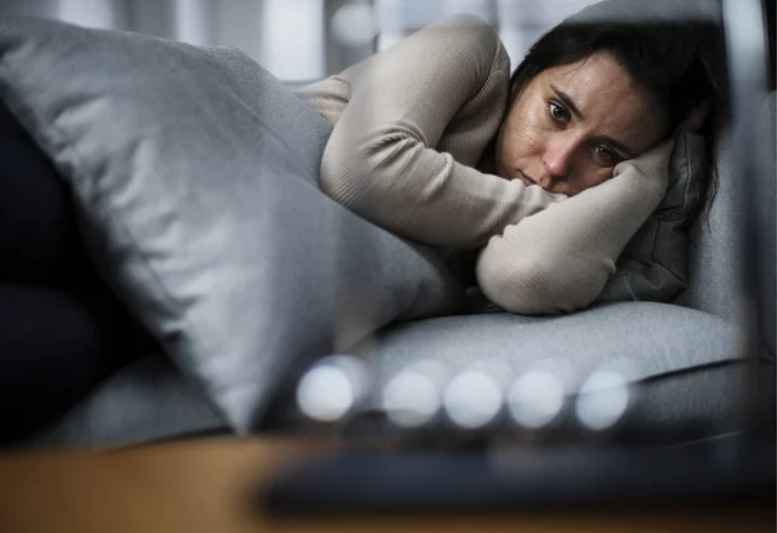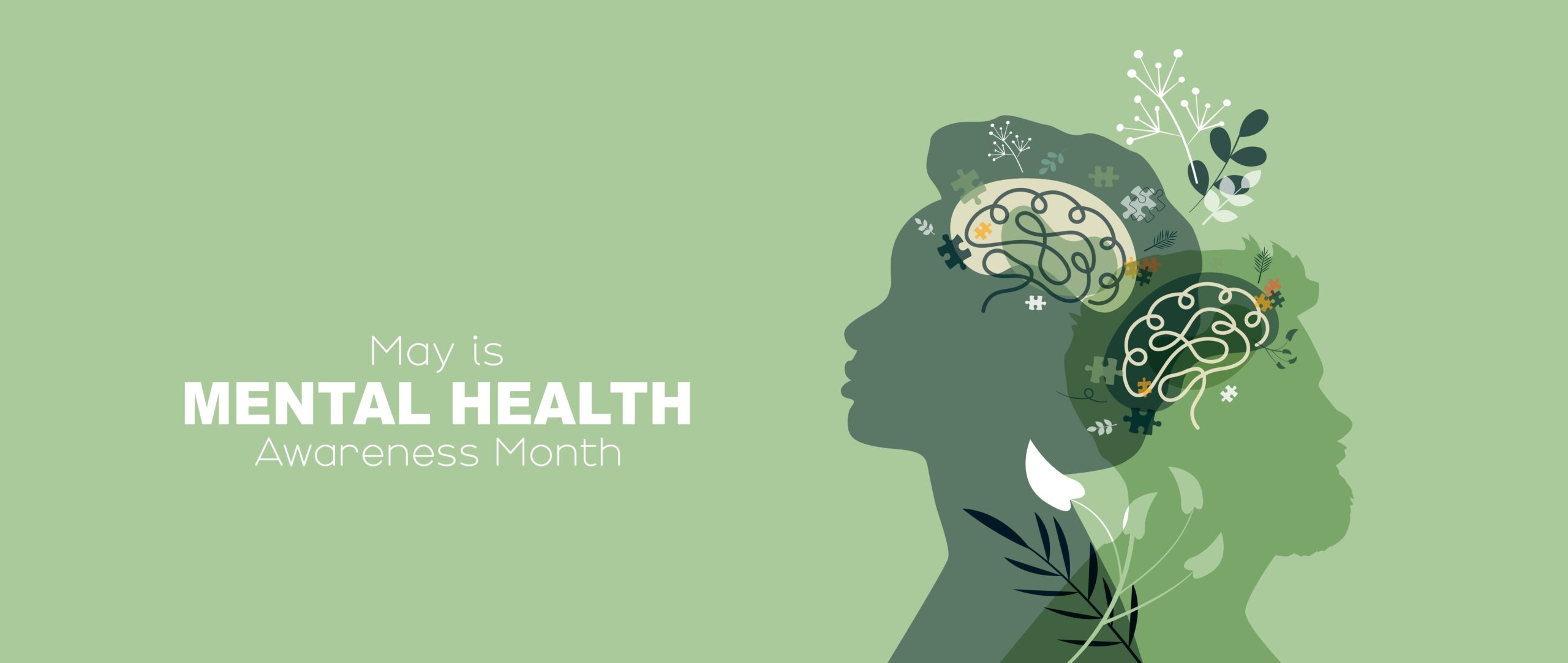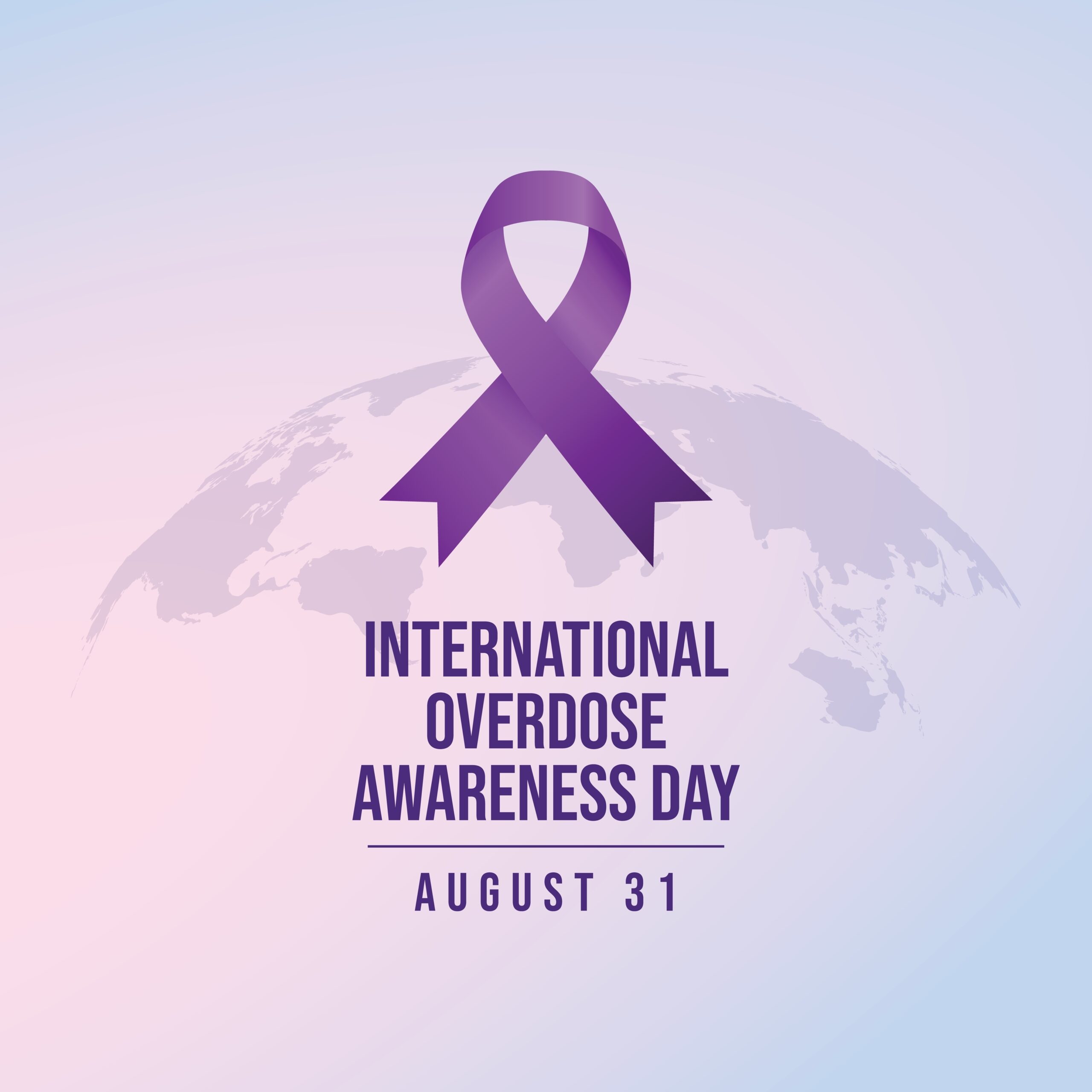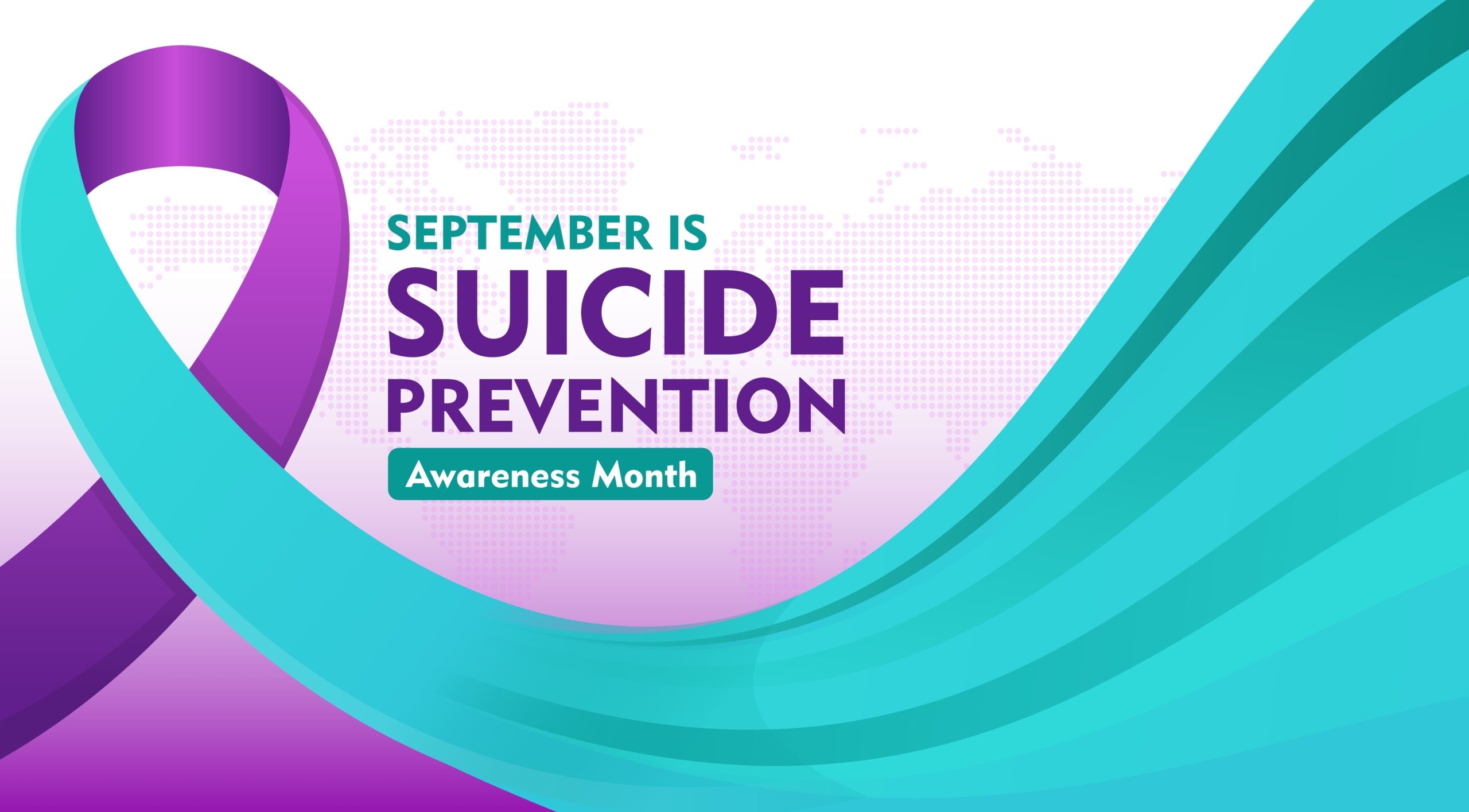Mental health treatment has come a long way, breaking down stigma and barriers for those seeking help. Today, people are more aware than ever of the importance of mental well-being, understanding that it is just as critical as physical health. Amid this growing awareness, one aspect of treatment that is gaining increasing recognition is the role of self-care. Far from being a superficial or luxury practice, self care mental health treatment is a crucial part of mental health that helps individuals maintain emotional balance, reduce stress, and foster a more resilient mindset.
This blog explores why self-care is an integral component of mental health treatment and how it supports the healing process, not just in therapy but in everyday life.
Defining Self-Care
At its core, self-care refers to any activity undertaken deliberately to take care of one’s mental, emotional, and physical health. It can involve simple daily habits such as getting adequate sleep, exercising, maintaining a healthy diet, or engaging in hobbies that bring joy and relaxation. However, self-care is more than these routine acts. It’s about fostering self-awareness and intentionally addressing one’s personal needs, particularly when dealing with stress, emotional upheaval, or overwhelming challenges.
Self-care practices can be categorized into various dimensions: physical, emotional, psychological, spiritual, and social. When each of these areas is properly cared for, a person’s overall mental well-being improves, and they are better equipped to face life’s inevitable ups and downs. At Aspire Frisco, we believe that prioritizing self-care is an essential component of mental health treatment, empowering individuals to build a sustainable path to wellness.
Why Self-Care Matters in Mental Health Treatment
Reduces Stress and Anxiety
Stress is a leading contributor to mental health issues such as anxiety disorders, depression, and burnout. When left unchecked, chronic stress can severely impact a person’s quality of life. One of the most immediate benefits of self-care is its ability to reduce stress levels. Engaging in regular self-care practices, such as mindfulness meditation, physical exercise, and spending time in nature, has been shown to lower cortisol levels (the body’s stress hormone), promoting calm and relaxation.
For individuals undergoing mental health treatment, learning self-care strategies to manage stress can complement therapeutic interventions and prevent stress from exacerbating their condition.
Improves Emotional Regulation
Self-care fosters emotional regulation, which is the ability to manage and respond to emotional experiences in a balanced and constructive way. Individuals dealing with mental health issues often struggle with intense emotions, such as sadness, anger, or anxiety, that can feel overwhelming. Through self-care activities like journaling, deep breathing exercises, or talking to a friend, individuals learn how to acknowledge, process, and cope with these feelings in healthier ways.
Over time, these habits cultivate emotional resilience, making it easier to bounce back from difficult experiences. Emotional regulation is particularly important for individuals with mood disorders, such as depression or bipolar disorder, where heightened emotions can sometimes derail treatment progress.
Fosters a Positive Self-Image
Self-care is also closely linked to self-esteem and self-compassion, two important elements in mental health treatment. Many people suffering from mental health challenges, particularly depression and anxiety, experience negative thought patterns, self-doubt, or feelings of worthlessness. Practicing self-care is an act of self-acknowledgment and self-worth, sending a message that one’s needs are valid and deserving of attention.
When individuals engage in activities that bring joy or relaxation—whether it’s enjoying a hobby, taking a relaxing bath, or setting healthy boundaries—they reinforce the idea that they are worth the time and effort. This builds a positive self-image, which in turn enhances their mental well-being and contributes to the overall success of their treatment.
Encourages Mindfulness and Presence
In the fast-paced world we live in, it’s easy to become disconnected from our own thoughts and emotions. Many people live on autopilot, ignoring signs of burnout or emotional distress until their mental health is compromised. One of the critical functions of self-care is that it encourages mindfulness and self-awareness. Whether through meditation, yoga, or simple mindful breathing, these practices help individuals stay connected with their inner experiences, allowing them to detect early warning signs of stress or anxiety.
For individuals in therapy, practicing mindfulness is a key component of many treatment modalities, such as cognitive-behavioral therapy (CBT) and dialectical behavior therapy (DBT). These therapies teach individuals how to observe their thoughts without judgment and make conscious choices about their behavior. By integrating mindfulness into self-care, people can reinforce the skills they learn in therapy and apply them in daily life.
Supports Physical Health, Which Impacts Mental Health
Mental and physical health are deeply intertwined. Neglecting one often leads to negative consequences for the other. For example, poor physical health—such as lack of exercise, sleep deprivation, or a nutrient-deficient diet—can exacerbate symptoms of depression, anxiety, and other mental health conditions. Conversely, improving physical health can positively affect mental well-being.
Regular exercise, for instance, is known to release endorphins, which are natural mood boosters. Similarly, getting adequate sleep is essential for cognitive function, emotional regulation, and reducing symptoms of anxiety and depression. A well-balanced diet provides the brain with the nutrients it needs to function optimally. By focusing on physical self-care, individuals support not only their bodies but also their mental health, creating a positive feedback loop of well-being.
Helps Build Healthy Coping Mechanisms
For many individuals with mental health issues, unhealthy coping mechanisms—such as substance abuse, overeating, or avoidance—can perpetuate their struggles. Self-care, on the other hand, offers healthier ways of coping. Instead of turning to harmful behaviors in times of distress, individuals can practice self-soothing techniques like deep breathing, relaxation exercises, or spending time with loved ones.
Over time, these positive coping mechanisms become second nature, helping individuals better manage their mental health conditions. Self-care encourages proactive steps in managing stress or difficult emotions rather than reacting impulsively to them.

The Role of Self-Care in Preventing Relapse
One of the long-term goals of mental health treatment is preventing relapse. Relapse, or the recurrence of symptoms after a period of improvement, is common for individuals with chronic mental health conditions such as depression, anxiety, or substance use disorders. Self-care plays a preventive role by helping individuals maintain the gains they’ve achieved in treatment.
By continuously practicing self-care, individuals build resilience and maintain the emotional and mental resources necessary to navigate life’s challenges. Regular self-care reduces the likelihood of overwhelming stress or emotional exhaustion, which are common triggers for relapse. It also empowers individuals to recognize when their mental health might be slipping, allowing them to seek help or make adjustments before the situation worsens.
Integrating Self-Care into Daily Life
While the benefits of self-care are clear, one challenge many people face is integrating these practices into their daily routine. It’s easy to get caught up in the demands of work, family, and other responsibilities, leaving little time for personal care. However, self-care doesn’t have to be time-consuming or elaborate. Small, consistent efforts can make a big difference.
Here are a few tips for incorporating self-care into everyday life:
- Start Small: Begin with just one or two simple self-care activities, such as taking a 10-minute walk during your lunch break or practicing deep breathing for five minutes before bed.
- Schedule It: Treat self-care like any other important appointment. Schedule it into your day, and make it non-negotiable.
- Be Consistent: The key to self-care is consistency. Even on days when it feels difficult, try to engage in at least one self-care activity.
- Tailor It to Your Needs: Self-care looks different for everyone. Choose activities that you genuinely enjoy and that make you feel good, rather than what you think you “should” do.
When to Seek Professional Help
While self-care is an essential part of mental health treatment, it is not a substitute for professional support when needed. For many people, mental health issues require the expertise of a mental health specialist. Therapists, counselors, and psychiatrists can provide personalized treatment plans and therapeutic interventions that address the root causes of mental health concerns.
If you find that self-care alone isn’t enough to manage your mental health, or if you are struggling with severe symptoms, don’t hesitate to seek help from a mental health treatment specialist. They can guide you through the healing process, offering tools and strategies to support both your mental health and your self-care efforts. Remember, reaching out for help is a sign of strength, and you don’t have to navigate this journey alone.




























